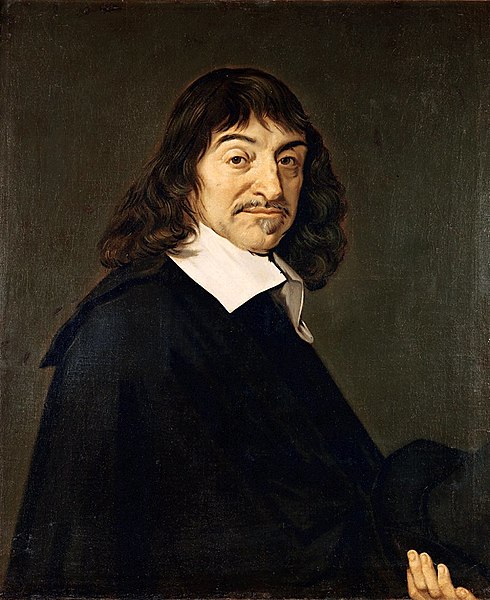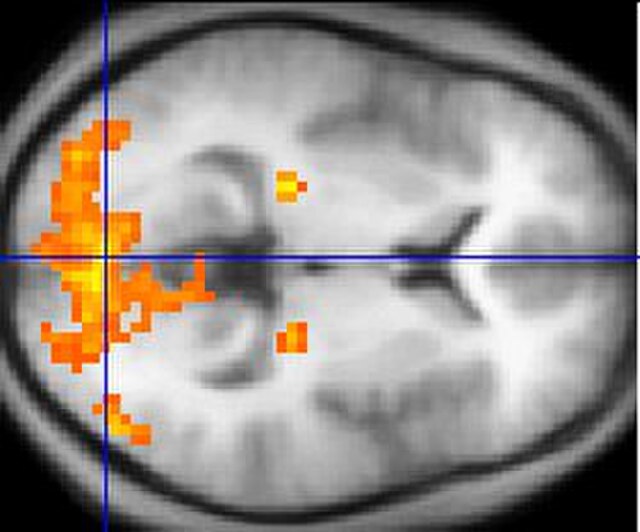Hard problem of consciousness
In the philosophy of mind, the hard problem of consciousness is to explain why and how humans and other organisms have qualia, phenomenal consciousness, or subjective experience. It is contrasted with the "easy problems" of explaining why and how physical systems give a (healthy) human being the ability to discriminate, to integrate information, and to perform behavioral functions such as watching, listening, speaking, and so forth. The easy problems are amenable to functional explanation—that is, explanations that are mechanistic or behavioral—since each physical system can be explained purely by reference to the "structure and dynamics" that underpin the phenomenon.
Chalmers on stage for an Alan Turing Year event at De La Salle University, Manila, 27 March 2012
The hard problem is often illustrated by appealing to the logical possibility of inverted visible spectra. If there is no logical contradiction in supposing that one's colour vision could be inverted, it follows that mechanistic explanations of visual processing do not determine facts about what it is like to see colours.
The Philosophy of mind is a branch of philosophy that deals with the nature of the mind and its relation to the body and the external world.
Portrait of René Descartes by Frans Hals (1648)
John Searle—one of the most influential philosophers of mind, proponent of biological naturalism (Berkeley 2002)
Since the 1980s, sophisticated neuroimaging procedures, such as fMRI (above), have furnished increasing knowledge about the workings of the human brain, shedding light on ancient philosophical problems.





